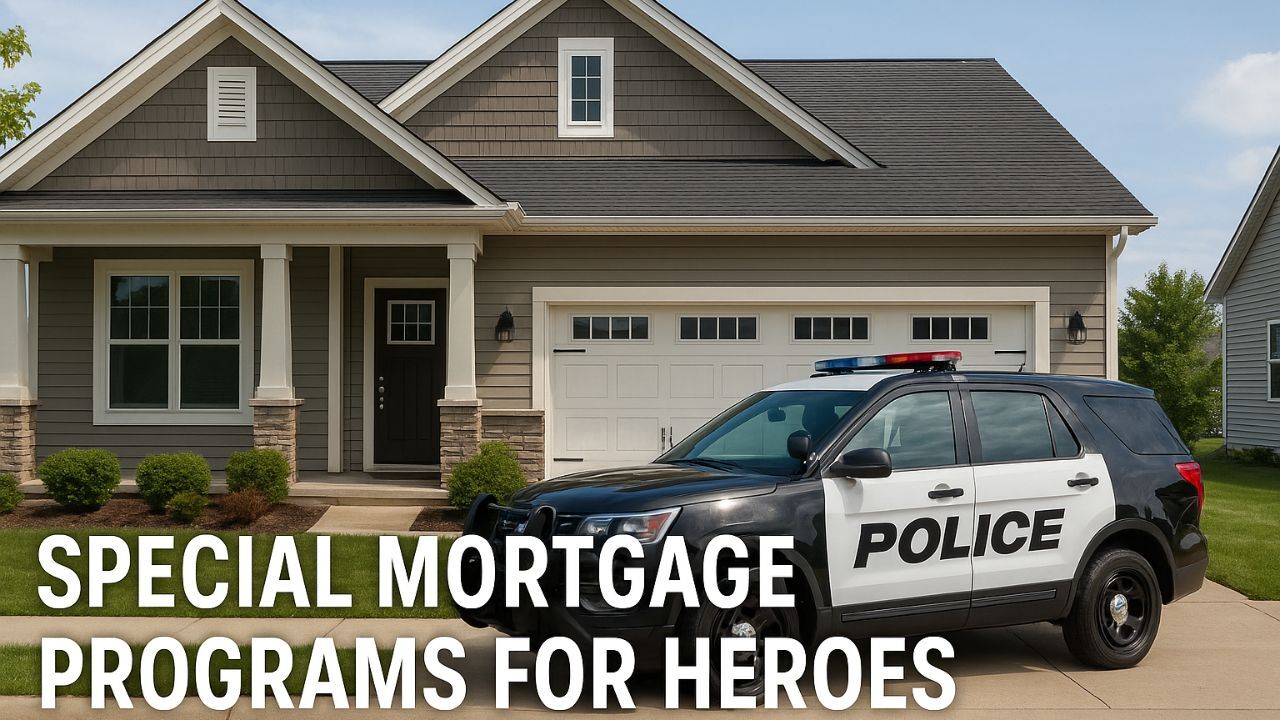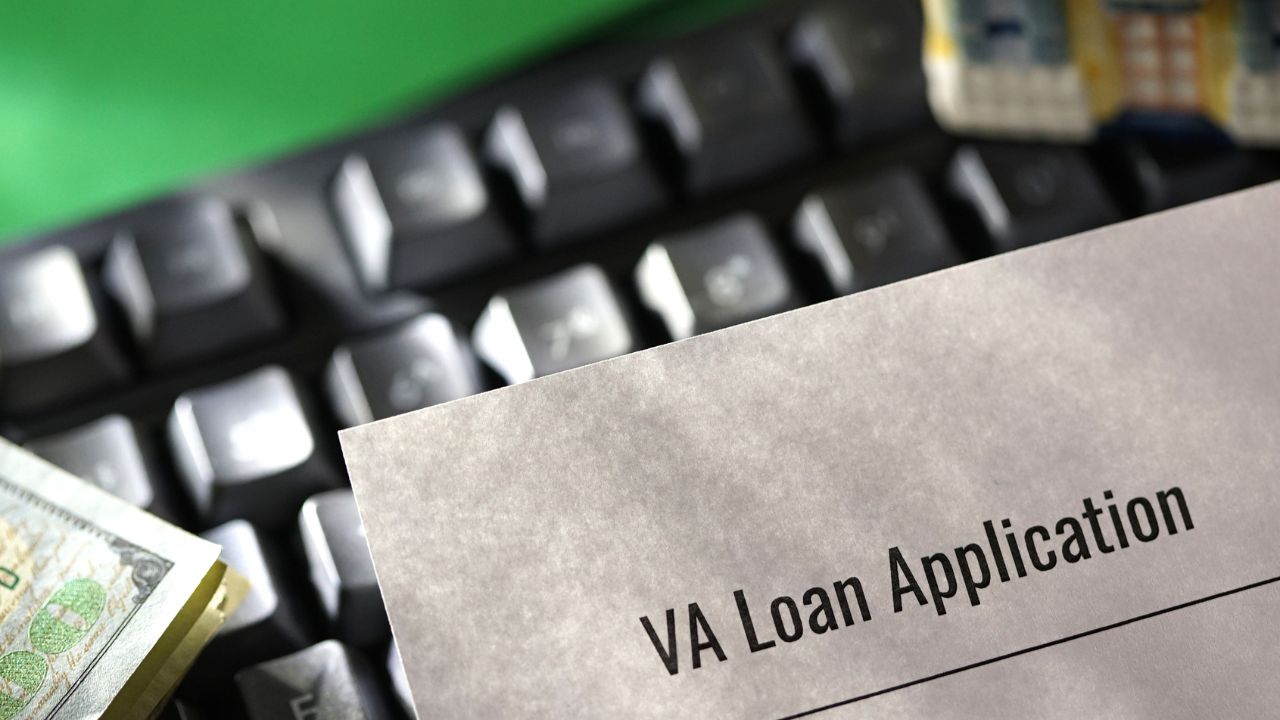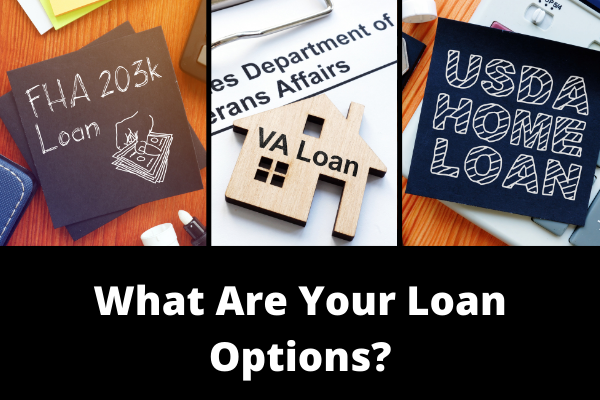Special Mortgage Programs for Heroes
 First responders and military families play vital roles in our communities, and there are mortgage programs designed to recognize their service. These programs often provide favorable terms, lower down payments, and unique benefits that make homeownership more accessible. Understanding these options can help heroes and their families achieve their dream of owning a home while taking advantage of benefits tailored to their service.
First responders and military families play vital roles in our communities, and there are mortgage programs designed to recognize their service. These programs often provide favorable terms, lower down payments, and unique benefits that make homeownership more accessible. Understanding these options can help heroes and their families achieve their dream of owning a home while taking advantage of benefits tailored to their service.
VA Loans for Military Families
One of the most well-known mortgage options for military personnel is the VA loan, which offers 100 percent financing with no down payment, competitive interest rates, and no private mortgage insurance requirement. VA loans are available to active-duty service members, veterans, and eligible surviving spouses. They can be used to purchase a primary residence or refinance an existing mortgage, making them a flexible option for military families.
Special Programs for First Responders
Many first responders, including police officers, firefighters, and emergency medical personnel, may qualify for local, state, or employer-assisted mortgage programs. These programs often offer reduced interest rates, down payment assistance, or grants to help offset the cost of purchasing a home. Researching programs specific to your profession and location can unlock significant savings and make homeownership more attainable.
Benefits Beyond Financing
In addition to favorable loan terms, some programs provide financial counseling, assistance with closing costs, and resources to help first responders and military families plan for long-term homeownership. Taking advantage of these resources can improve financial literacy, reduce stress during the homebuying process, and ensure a smooth transition into homeownership.
Choosing the Right Program
When exploring mortgage options, it is important to compare benefits, eligibility requirements, and costs. Working with a mortgage professional who understands first responder and military programs can help identify the best loan for your situation, maximize savings, and simplify the process. With the right program, heroes can secure a home that fits their familyís needs while taking full advantage of service-related benefits.

 The VA loan program offers exceptional benefits to veterans, active-duty service members, and eligible surviving spouses, including no down payment, competitive interest rates, and no private mortgage insurance (PMI). But what about buying land? While the rules around using a VA loan for land can be more complex, there are still ways to make it work. Here’s a breakdown of your options if you’re looking to buy land using a VA loan.
The VA loan program offers exceptional benefits to veterans, active-duty service members, and eligible surviving spouses, including no down payment, competitive interest rates, and no private mortgage insurance (PMI). But what about buying land? While the rules around using a VA loan for land can be more complex, there are still ways to make it work. Here’s a breakdown of your options if you’re looking to buy land using a VA loan. You may have more options than you think when it comes to securing a mortgage for your new home. While many buyers opt for conventional financing, another option or program might be a better choice for you, depending on your personal and financial situation. Learning more about FHA, USDA, and VA loans ensures you get the best possible deal for your mortgage and that you secure the loan that you need for your new home. Here’s what you need to know about these useful mortgage options.
You may have more options than you think when it comes to securing a mortgage for your new home. While many buyers opt for conventional financing, another option or program might be a better choice for you, depending on your personal and financial situation. Learning more about FHA, USDA, and VA loans ensures you get the best possible deal for your mortgage and that you secure the loan that you need for your new home. Here’s what you need to know about these useful mortgage options.